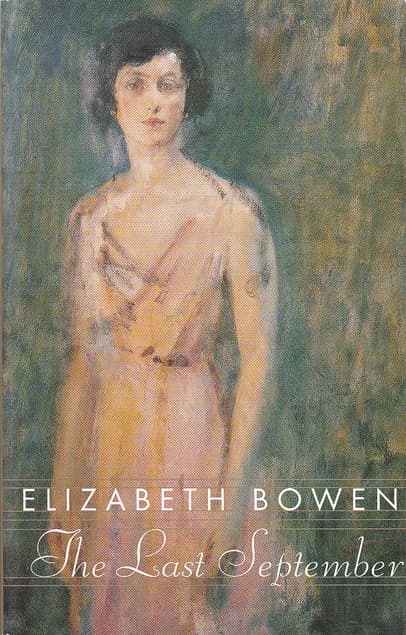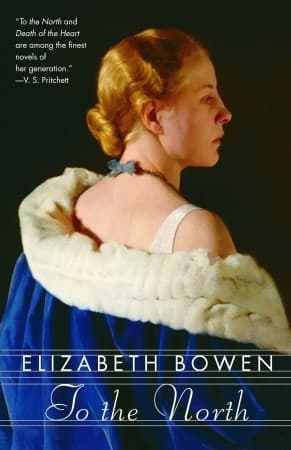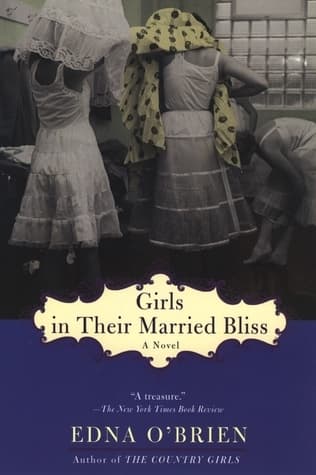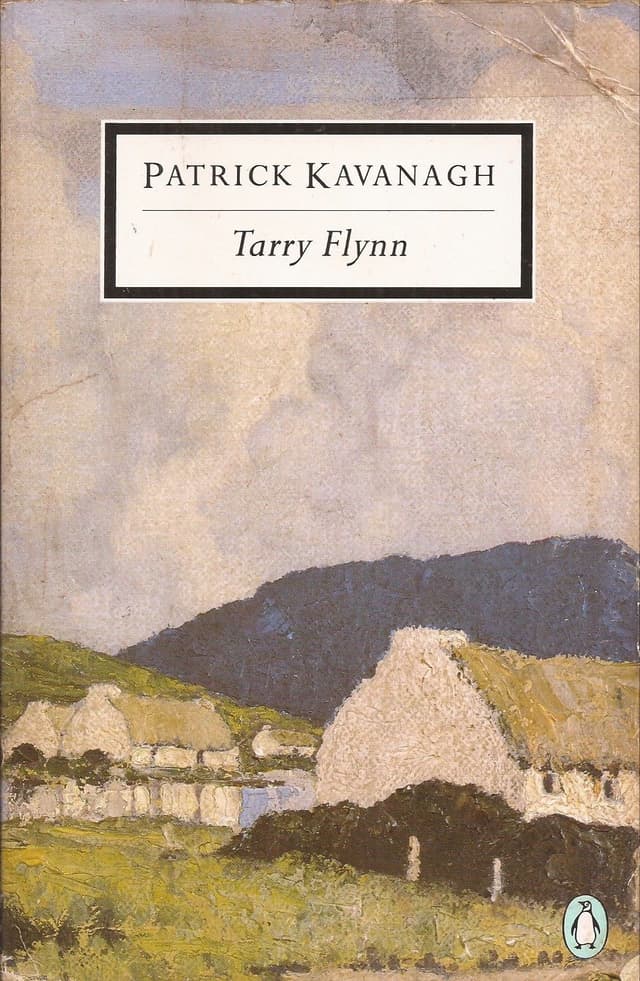Laynta participates in the Amazon Services LLC Associates Program, an affiliate advertising initiative that allows us to earn fees by linking to Amazon.com.
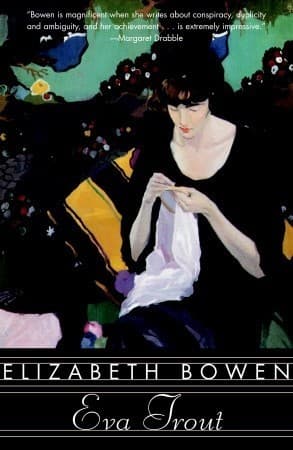
Eva Trout
Eva Trout, Elizabeth Bowen's final novel, published in 1968, is a captivating exploration of identity, isolation, and the complexities of human relationships. Set primarily in England and America, the novel tells the story of the eponymous Eva Trout, a young heiress struggling to find her place in a world that seems alien to her.
The narrative follows Eva from her troubled childhood through various phases of her life, marked by a series of misadventures and relationships. Despite her wealth, Eva is a character beset by a sense of displacement and a yearning for genuine human connection. The novel delves into themes of communication, the nature of truth, and the search for self in a rapidly changing world.
Bowen's writing is characterised by its sharp wit, psychological insight, and her ability to capture the nuances of human interactions. Eva Trout is notable for its complex portrayal of the protagonist, a character who is both enigmatic and deeply sympathetic. The novel's exploration of Eva's journey towards self-acceptance and understanding is both poignant and thought-provoking.
The beautiful agonising mirage of the university was inescapable from. This was a forever she had no part in. The eternity was more real to her for consisting of fiery particles of transience - bridges the punt slid under, raindrops spattering the Cam with vanishing circles, shivered reflections, echoes evaporating, shadows metamorphosizing, distances shifting, glorification coming and going on buildings at a whim of the sun, grass flashing through arches, gasps of primitive breath coming from stones, dusk ebbing from waxen woodwork when doors opened. Holy pillars flowed upward and fountained out, round them being a ceaseless confluence of fanatical colours burningly staining glass. Nothing was at an end, so nothing stood still. And of this living eternity, of its kind and one of its children, had been Henry, walking beside her.


